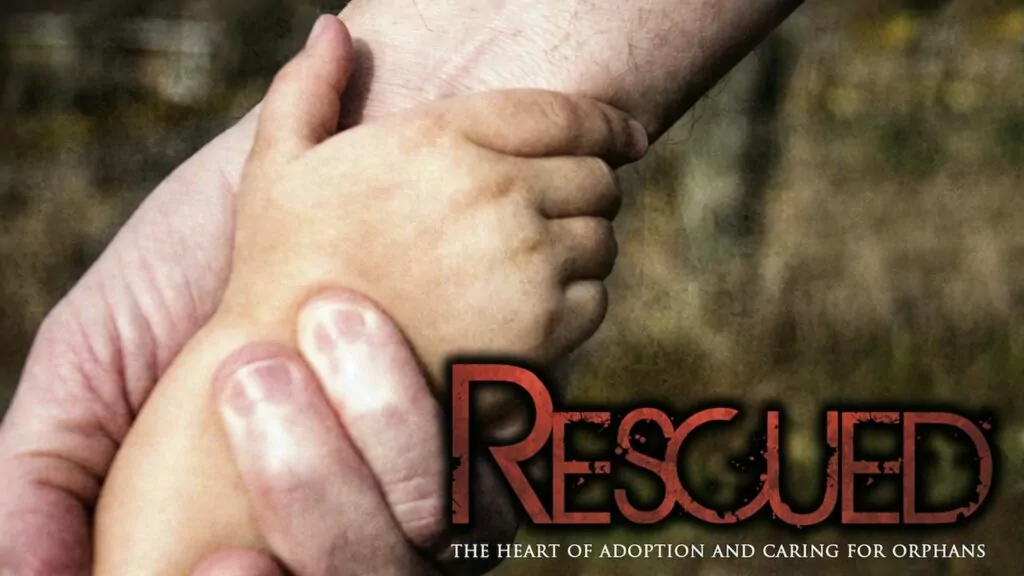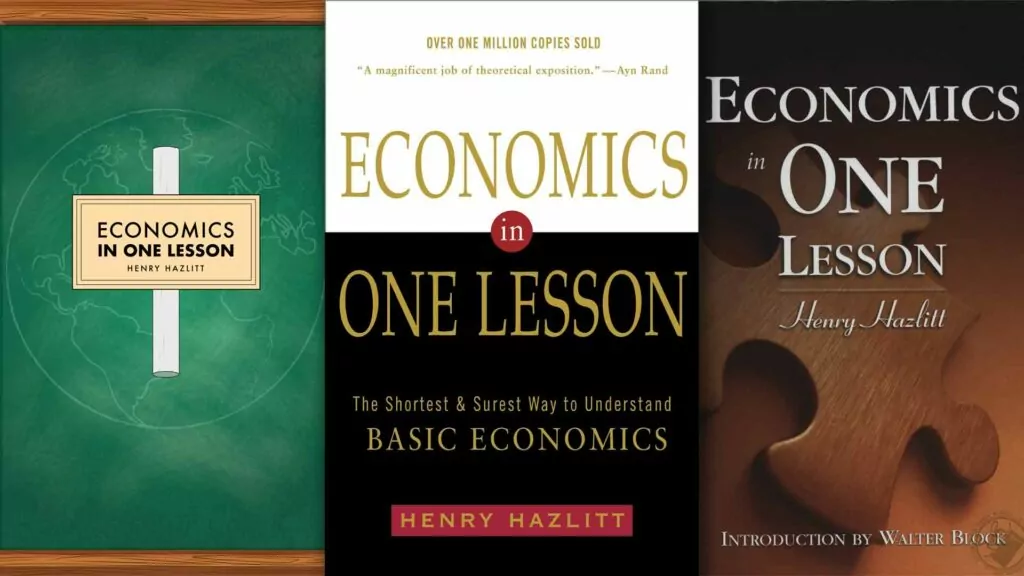How to have a proper conversation
or, Confessions of a Loquacious Person
*****
Loquacious: tending to talk a great deal
We might all think that we know how to have a conversation, having learnt a particular style of conversing from how we were raised. But conversational styles differ greatly from family to family, anything from the children being almost afraid or forbidden to say a word (i.e. “children should be seen and not heard”), to everyone at the dinner table talking at the same time. Family members may have had to wait a long time to be heard if their extroverted siblings hadn’t learned conversational etiquette – “manners” may or may not have been taught, depending on whether the parents ever learned them, or whether they considered free-for-all conversations to be a problem!
In my case, I thought that it was normal for family members to talk over one another. But my husband found it completely disorienting as my side of the family got louder and louder, switching subjects frequently and repeating anecdotes when someone in a separate conversation caught a snatch of it and requested to hear all of it right then. Since we loved to hear ourselves talk, we were most happy to oblige, even if we didn’t realize at the time that “talking” was what was most important to us.
Loquacious people love to share details about their lives. After church, they might go from person to person telling the same stories and bits of information about their week, their trip, their surgery, or their job challenges. It’s what’s on their mind so they share it with others.
But what about the people they are talking to? Do they ask about what happened in other folks’ lives during the past week? When they get home, do they even remember whom they “conversed” with since they did the majority of the talking?
This article began with a bit of blaming: “This is how my family did things.” But there’s more to it than that. So let’s take a closer look at why a person talks too much and is not a good listener because, as Jeremiah 17:9 says, “The heart is deceitful above all things, and desperately wicked; Who can know it?” It’s not simply a learned habit.
Self-centeredness
When we talk too much, as mentioned already, it is because we like to hear ourselves talk and we – rightly or wrongly – imagine that others are entertained, inspired, or enlightened by what we have to say. The first consideration should be whether our subject matter meets those criteria! We can all think of people whose conversation could bless us for hours, and others with whom we would be bored. We have probably all been the talker in both situations!
We also ought to realize that we like to talk because we like to be in control. Celeste Headlee points out in her TED talk Ten Ways to Have a Better Conversation that we control the conversation so that “we won’t have to hear anything that we are not interested in.” It makes us the center of attention, and perhaps is essential to “bolstering” our own identity.
Ouch! But as Headlee concludes, “Conversations are not a promotional opportunity.” Did we even realize that we were being self-centered? We need to, because self-centeredness is destructive to relationships, whereas love for others is a fruit of the Holy Spirit (Gal. 5:22-23).
Being a good listener
In order to have a proper conversation, we need to be intentional and attentive listeners. One of the most difficult challenges is to realize that when people are relating their experience, that conversation is not about us. As Stephen Covey has said, “Most of us don’t listen with the intent to understand. We listen with the intent to reply.”
While someone is talking, we automatically think of our experience that we think parallels theirs, and eagerly formulate how we will present our information. My parent also died. I also have knee/car/kid/plumbing trouble. I also took a vacation to Timbuktu and here’s what I did. To launch directly into our somewhat connected experience shows that to us, their commentary was merely a catalyst to get ours started. And whether we realize it or not, we may be, as Headlee suggests, taking that moment to prove how amazing we are or how much we have suffered! Self-centered.
When we truly listen, we should squelch those thoughts because our experience, even with grief, is not the same as theirs. Squelch them, and instead ask follow-up questions, seeking to understand what their experience was like and how it affected them. Think about what they say. Ask them how it affected them and what they think about it now. Tell them you’d love to hear more about it. Tell them how wonderful (or awful) it sounds. Sincerely offer prayer or assistance if the situation calls for it.
A proper conversation includes and indeed emphasizes listening. It takes energy and effort to truly listen to the point of caring about the speaker and the content, and not just planning our response while we wait for them to finish, or even worse, interrupt them as soon as they take a breath. To interrupt is to declare that you consider yourself and what you want to say more important than the other person’s words. There may be a good reason to share some of our experiences later, but only after we have sufficiently listened, and only if it may truly benefit the hearer.
Listening to your children
It is particularly important to learn to listen attentively to your children. Parents need to learn to listen to what their children are saying and to ask questions that show a desire to understand and appreciate them.
Listening needs to be done in a non-judgmental manner where the kids aren’t afraid that a rebuke or lecture will flatten them as soon as they speak their mind and open their heart. It may be that an issue will have to be addressed laterif wise counsel or discipline are necessary. But a thorough listening should come first. Proverbs 18:13 gives the admonition that, “If one gives an answer before he hears, it is his folly and shame.” Half-hearing or speeding through the conversation so that we can go do something “more important” is not really listening.
We sometimes think as parents that we need to have “the answer” immediately. We are not perfect and it may be best on some occasions to state that we are going to think about a matter for a while before we fully respond. Of course, this takes more time and effort than giving a quick answer while multitasking. But it is time well spent. There’s a popular adage that nobody when growing old will say, “I wish I’d spent more time at the office” or, as a companion to that remark, “I wish I’d cleaned my house better when the kids were young.” But we may wish we had listened more attentively.
Scripture says…
The Book of Proverbs has a lot to say about our speech. Proverbs 10:19 states: “When words are many, transgression is not lacking, but whoever restrains his lips is prudent” and 17:28 says: “Even a fool who keeps silent is considered wise; when he closes his lips, he is deemed intelligent.”
We are taught that our speech is to be truthful (4:24, 6:12), noble and straightforward (8:6-9), wise (10:31), gentle (15:1), knowledgeable (15:7), righteous (8:8; 16:13), and pleasant (16:24).
We are commanded that our speech should not be devious (4:24), destructive of our neighbor (11:9), rash like sword thrusts (think about that image!) (12:18), a scorching fire/perverse/slanderous (16:27-28). Proverbs 31:26 says, “She opens her mouth with wisdom, and the teaching of kindness is on her tongue.”
In 1 Corinthians 13:4-5, Paul says: “Love is patient and kind; love does not envy or boast; it is not arrogant or rude. It does not insist on its own way; it is not irritable or resentful.” Jesus and Paul taught us to love our neighbor as ourself. Should this not include listening carefully with a desire to learn and understand, rather than just popping off the first connection that comes to mind? We can learn to not be self-centered.
Quick to listen
In James 1:19, we read, “Know this, my beloved brothers: let every person be quick to hear, slow to speak, slow to anger.” What if we would rush in to listen to others, instead of to talk? These verses show us that we should analyze our recent conversations, and perhaps ask friends, family, and the Lord if we have been “too loquacious” and not a good listener. We should ponder Paul’s words from Philippians 2 which certainly apply to how we converse with others:
“Do nothing from rivalry or conceit, but in humility count others more significant than yourselves. Let each of you look not only to his own interests, but also to the interests of others.” (Philippians 2: 3-4)....































